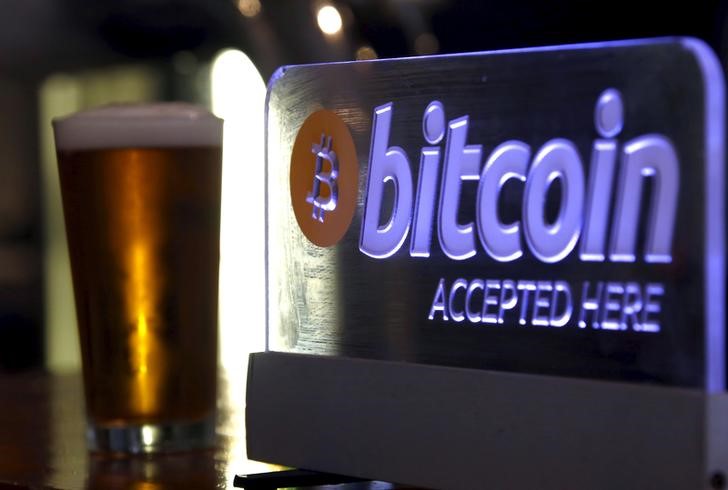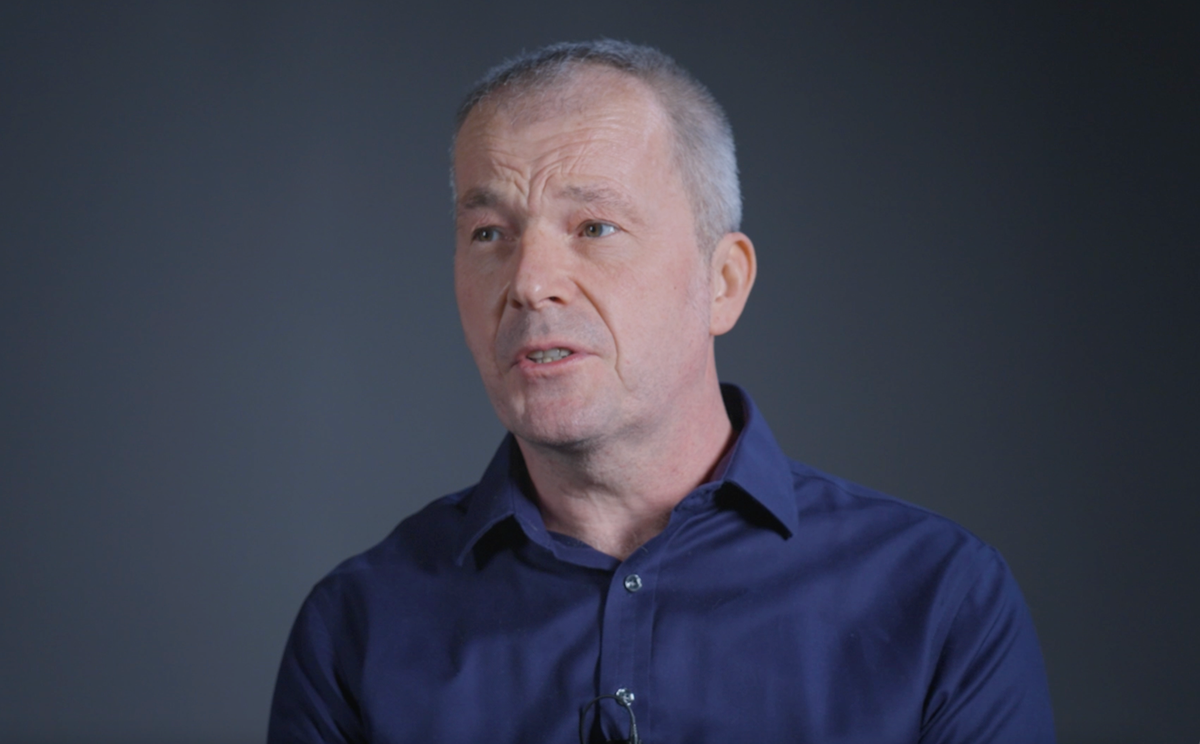The British economy grew more than expected in November, raising hopes that the country can avoid recession in 2024.
Gross domestic product (GDP) rose 0.3 per cent in November, after declining 0.3 per cent in October, according to the Office for National Statistics (ONS).
Economists had expected GDP to rise 0.2 percent as the prospect of the country entering a recession at the end of the year hangs in the balance.
Chancellor Jeremy Hunt hailed the “good news” and insisted the country was in “a strong position for future growth.”
But opposition parties and union leaders attacked the “dismal” growth figures and said Rishi Sunak's claim that the economy had turned a corner “had not survived contact with economic reality”.
The surge in growth was driven by the broad services sector, which rose 0.4 percent over the month and contributed the most to economic growth. This follows the contraction of the economy in October, when the manufacturing and construction sectors were affected by poor weather conditions.
It means the UK is on the verge of falling into a technical recession at the end of the year, which can be defined as two consecutive quarters of negative growth.
Chancellor Jeremy Hunt called November's growth “welcome”.
(PA Wire)
The economy fell between July and September, according to revised ONS estimates. Therefore, monthly GDP would have to be slightly below zero in December, 0.02 percent or more, for the economy to have also contracted between October and December.
ONS chief executive Grant Fitzner said falls in manufacturing industries were “partially offset by increases in public services, which saw less impact from strikes”.
He added: “However, GDP recovered in the month of November, led by services, and retail, car leasing and computer gaming companies had a buoyant month. The long-term outlook remains one of an economy that has shown little growth over the last year.”
Hunt said: “While growth in November is good news, it will slow as we bring inflation back to its 2 per cent target.
“But we have seen that advanced economies with lower taxes have grown faster, so our tax cuts for businesses and workers put the UK in a strong position for future growth.”
Labor shadow chancellor Rachel Reeves said the weak growth showed Sunak's “legacy of failure”. And she added: “He failed to beat Liz Truss, failed to reduce waiting lists, failed to stop the boats and now failed to grow the economy.”
Labour's Rachel Reeves said the government had failed to grow the economy as promised.
(PENNSYLVANIA)
And the Lib Dems' Treasury spokesperson, Sarah Olney MP, said: “Sunak's speech about turning a corner has not survived contact with economic reality.” She added: “This doesn't mean growth. The Prime Minister has no plan and no idea how to get the economy moving again.”
TUC general secretary Paul Nowak said the year had started with “another set of dismal growth figures”, claiming the Conservatives' economic failures were “depriving our crumbling public services of much-needed funding”.
Sunak's government now fears the British economy could shrink in the face of continued attacks on shipping in the Red Sea.
On Thursday night, the United States and the United Kingdom launched dozens of airstrikes against targets linked to the Iran-backed Houthi rebel group in Yemen, which has attacked dozens of international cargo ships in the Red Sea, a major artery of trade. worldwide, from the beginning. of Israel's war with Hamas in Gaza.
The Treasury has modeled scenarios, such as a rise in crude oil prices by more than $10 a barrel and a 25 percent increase in natural gas, amid concerns that another energy shock is possible if the disruption of the Cargo traffic extends to tanker traffic, according to the BBC. .
The price of Brent crude, which is the international benchmark for oil prices, soared two percent to $78.94 per barrel on Friday, while the cost of US West Texas crude rose 2.1 percent to $73.55.









